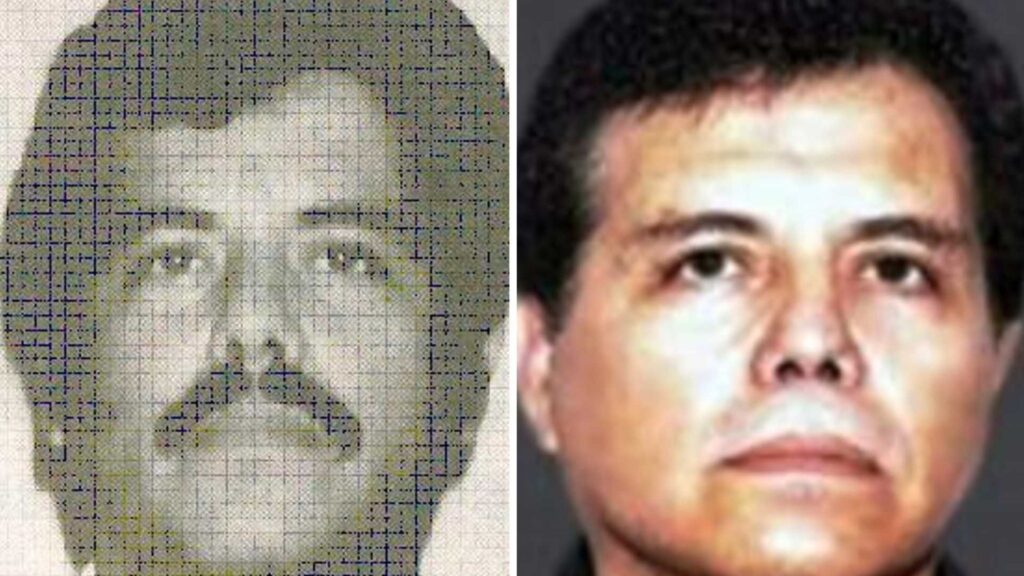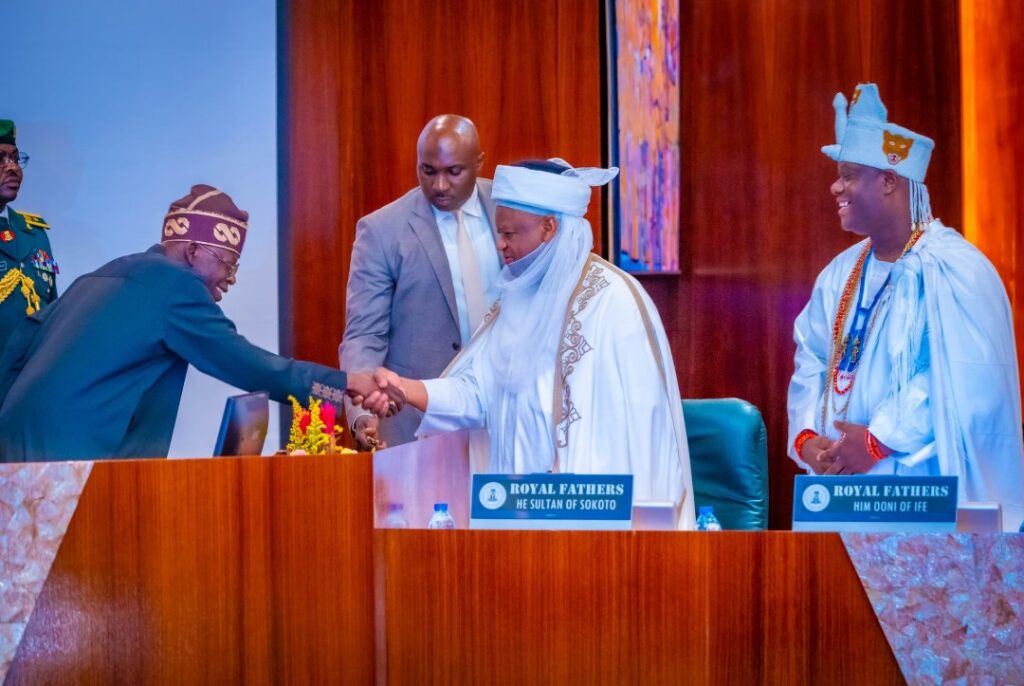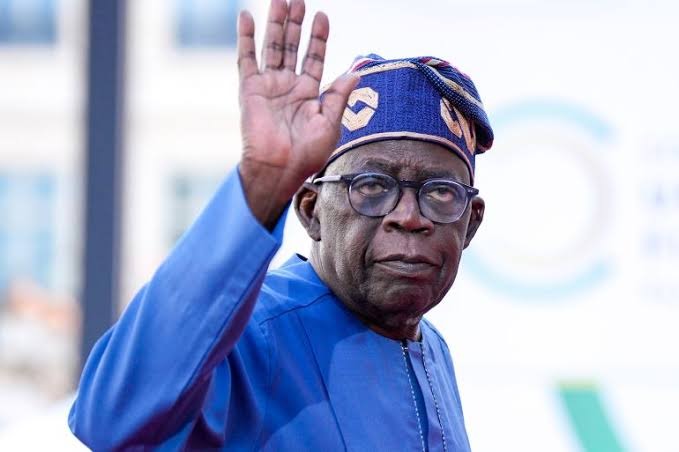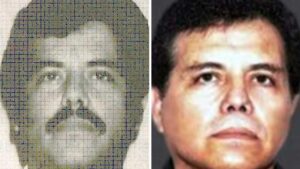Terry Anderson, a prominent American journalist who was held hostage for almost seven years during Lebanon’s civil war, passed away at the age of 76.
Anderson, who served as the chief Middle East correspondent for the Associated Press (AP), was captured by Islamist militants in 1985 during the Lebanon hostage crisis.
His daughter, Sulome Anderson, confirmed that he died at his home in Greenwood Lake, New York, due to complications arising from heart surgery.
In her remarks, Sulome Anderson shared that her father had found peace in recent years after enduring the harrowing ordeal of captivity.
“He never liked to be called a hero, but that’s what everyone persisted in calling him,” she noted.
“While my father’s life was deeply impacted by the extreme suffering he endured during his time as a hostage, he found a sense of quiet and comfort in recent years.
“I believe he would want to be remembered not solely for his most challenging experience, but also for his humanitarian efforts with organizations like the Vietnam Children’s Fund, the Committee to Protect Journalists, and his support for homeless veterans and numerous other causes.”
Louis Boccardi, who led AP during Anderson’s captivity, also reflected on Anderson’s legacy, describing him as a true “hero”.
“The term ‘hero’ is often used casually, but applying it to Terry Anderson truly amplifies its meaning,” Mr. Boccardi remarked.
Anderson, a former US Marine who had experienced combat during the Vietnam War, was abducted in Beirut on March 16, 1985.
The incident occurred shortly after Anderson had finished playing tennis during a day off, when gunmen seized him and quickly drove away in a car.
His sister, Peggy Say, who passed away in 2015, vigorously campaigned for the release of her brother and the other captives.
The majority of the more than 100 hostages held between 1982 and 1992 were from the US and Western Europe, including Church of England envoy Terry Waite, who was taken hostage by the same group holding Anderson when negotiations collapsed on January 20, 1987. Waite was eventually freed in 1991 after enduring 1,763 days in captivity.
While in captivity, Anderson devised a method of tapping on the walls between their cells to relay news of the outside world to Waite, who had spent years in solitary confinement.
Both men endured chains, beatings, and threats during their captivity. Anderson, who spent much of the time blindfolded and forced to sleep on a thin, dirty mattress on the floor, later recalled that he “almost went insane” and credited his Catholic faith for saving him.
He was eventually released in 1991 as the civil war ended, following 2,454 days in captivity, which made him the longest-held Western hostage.
Anderson met his daughter, who was born shortly after his abduction, for the first time when she was six years old.
After his release, Anderson taught journalism at various US colleges, including Columbia University in New York, before retiring in 2015.
Anderson also struggled with post-traumatic stress disorder, according to AP, and lost millions of dollars through poor investments of the frozen Iranian assets he had received as compensation for his ordeal.



























